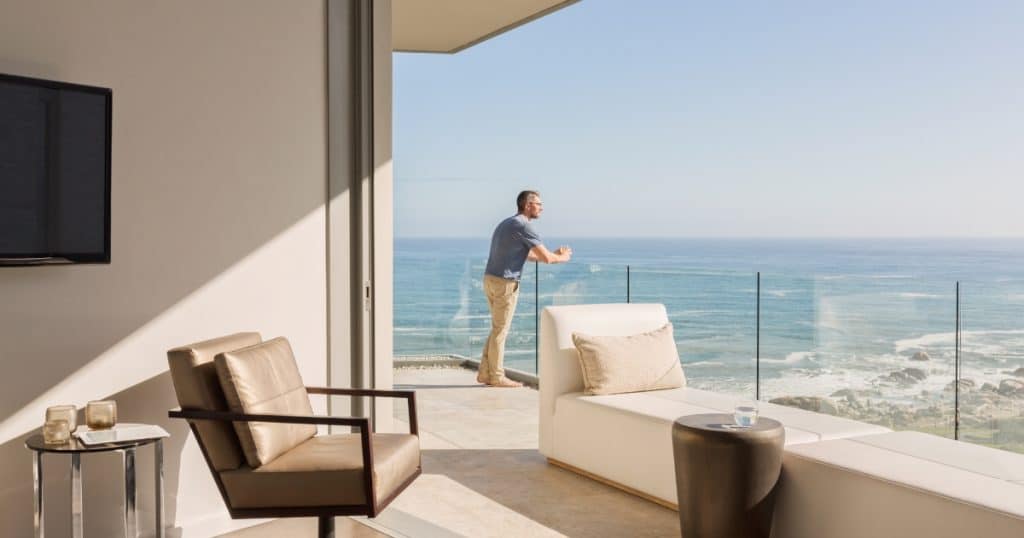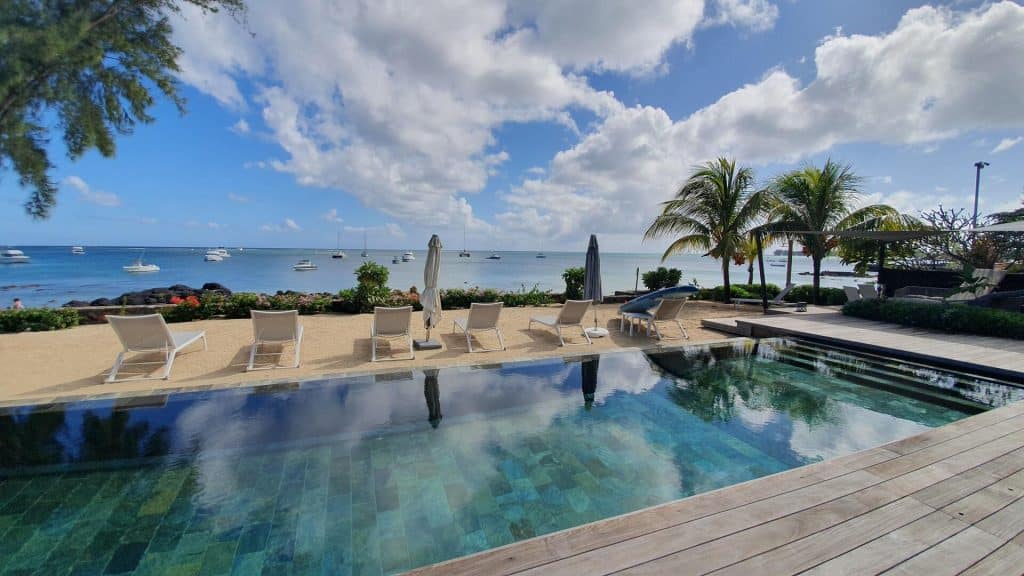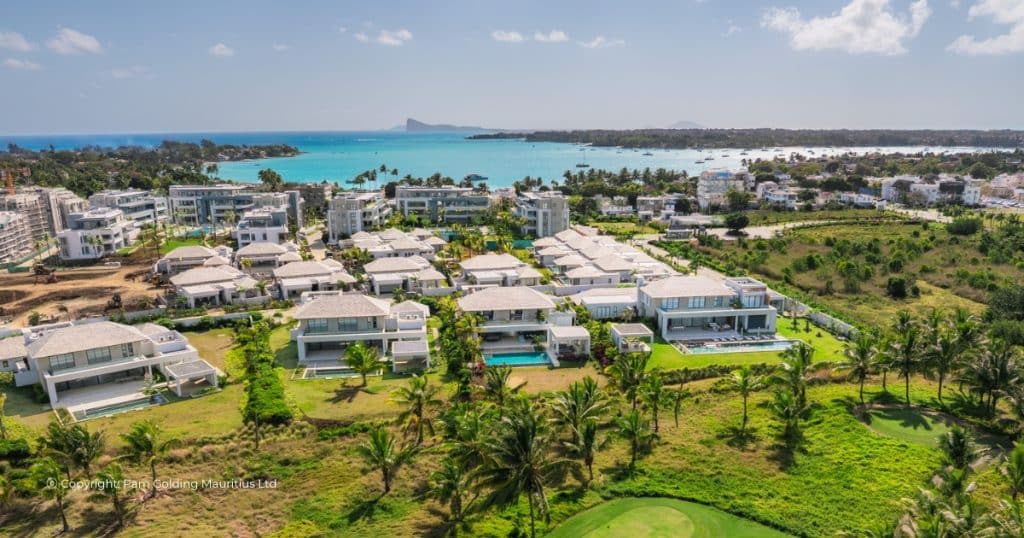The Structure of the Mauritian Education System
The Mauritian education system is very similar to the Anglo-British model with a primary cycle, a secondary cycle and a tertiary cycle which corresponds to higher education.
This is a highly elitist learning model that has banned the ranking system. All courses are taught in English, and Creole is once again being taught. Mauritius has adopted Anglo-Saxon notation and the wearing of uniforms. If integration and globalisation are your goals, this choice can prove to be a worthwhile one.
The Mauritian school year begins in January and ends between late October and early November. In public schools, it is divided into three terms, and students attend five 60-minute classes per day.
In 2016, a reform allowed the Mauritian government to impose a new educational policy with a 9-year first cycle in public education. Mauritian children enter kindergarten (equivalent to the first year of primary school) from the age of 3.
- 1st cycle: sanctioned by the Primary School Achievement Certificate (PSAC) examination takes place over the last 2 years in grade 5 (CM2) and grade 6 (6th grade).
- 2nd cycle: the first 4 years of the 2nd cycle, called “o-level,” are validated by a 6-subject exam that already allows young students to learn trades in a vocational high school. Those who want to pursue higher education must continue their studies for another 2 years (A-level) and pass either a Cambridge School Certificate (equivalent to the BEPC) or a Higher School Certificate (equivalent to the baccalaureate).
Alternative Education Systems in Mauritius
French expatriates can enroll in French-speaking primary schools approved by the Ministry of National Education. This particularity of the French education system is much more interesting if they plan to return to France.
These include the Ecole du Nord and the Ecole du Centre, the high schools of La Bourdonnais in Curepipe and des Mascareignes in Moka. As accredited schools, they teach the same curriculum and the same pedagogical approach. Choosing schools that have an agreement with the AEFE is essential for receiving quality education and obtaining the brevet and baccalaureate diplomas.
French education is well received in Mauritius by both the Mauritian government and locals. Since English is the official language of the island, English classes are provided from kindergarten onwards. From elementary school to secondary school, the school calendar has the same holidays as in France.
For registration procedures, it is best to contact the school of your choice directly. The documents required vary from one school to another. However, a complete file must include duly completed application forms, an admission decision for the requested class, the child’s academic record, and a certificate of withdrawal from the previous school.
French schools operate all day, so the school canteen for elementary, middle, and high school students is provided by a private caterer and taken from the school grounds. School transportation is organised in partnership with private carriers, and all French schools benefit from this service.
International schools are another option for foreigners. Examples include the American International Academy, Atlantis Business School, Cambrilearn, Wipschool, and Lebocage International School.
Higher education in Mauritius
Mauritius’ higher education offerings are particularly attractive for both foreigners and Mauritians. The island has approximately sixty institutions dedicated to public and private higher education. English proficiency is one of the admission requirements for these organisations.
Mauritius has:
- 7 faculties based on the LMD model (Engineering, Arts and Social Sciences, Agriculture, Natural Sciences, Oceanographic Studies, Law and Administration).
- 2 polytechnic institutes (SDIM and IST)
- Technological high schools.
There are also several private French institutions that award international degrees in management, political science, and medicine. Major French universities, such as the Aix-Marseille Institute of Political Science and the Lille Faculty of Medicine, have opened branches in Mauritius.
Mauritius offers a pleasant living environment for students. No particular problems are encountered regarding student accommodation, as the offer is mainly focused on furnished and equipped residences with various amenities (internet, parking, laundry, etc.). In terms of jobs and part-time work, tourism offers numerous opportunities for students looking to supplement their income. Finally, the Mauritian government awards higher education scholarships to international students.

Born in Mauritius, I have a Bachelor of Arts in Mass Communication. I have nearly 12 years’ experience in marketing, public relations and communications. Passionate about meeting people, creativity and business growth, I am results-oriented. My goal is to guide communication to touch the hearts and minds of customers. My motto is: “Treat others as I would like to be treated.”




